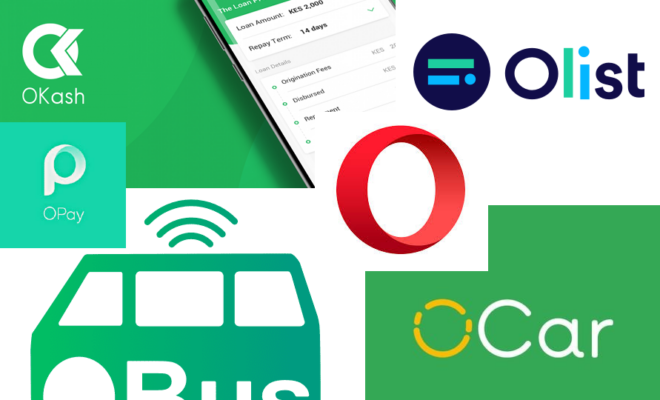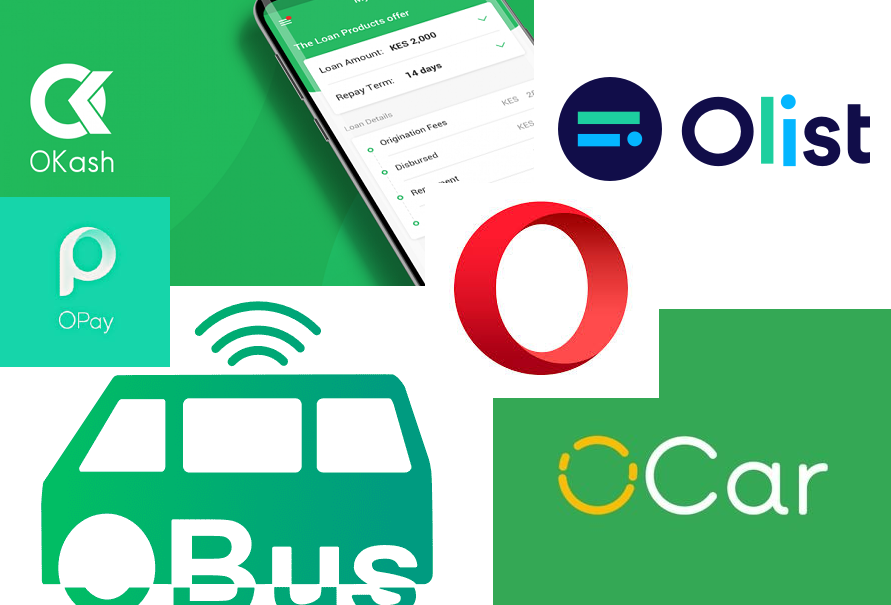Is Nigeria ready for a superapp?

Ride-hailing, food deliveries, digital payments, loans. Opera does it all and more. Can consumers keep up? More to the point, can regulators?

Will Nigeria be Okay?
In Nigeria, the tech company Opera is in the early stages of building a super app. In 2017, the Norway-based Chinese-backed firm announced a $100 million fund to invest in Africa. It dedicated $40 million to Nigeria. It soon launched a suite of services including food delivery, a ride hailing app, loan services and a digital payment platform.
In 2019, Opera raised a further $170 million from Chinese investors. It launched an online marketplace, leads generation platform and publishing site.
These services have driven Nigerians to its digital payment platform Opay, which requires users to set up a bank account using their phone number as their account number. This system could gradually become the predominant platform for Nigerians paying for just about every kind of digital product or service.
Where next?
Opera appears to be following in the footsteps of WeChat, the biggest super app in the world. This mobile application is the go-to resource for over one billion users in China for everything from buying everyday goods,, to transferring money, to texting friends.
WeChat makes many processes more convenient, but it also has many dangers. Among other things, the company has been accused of abusing its market dominance. Rivals claim WeChat undermines their services on its social media platform, the main channel through which digital businesses advertise their products. In January, for example, WeChat blocked links to certain new social media apps from opening on its platform. The links were banned for “containing unsafe content and receiving user complaints”, but many saw it as deliberate sabotage.
It’s too early to say if Opera will seek a monopoly like WeChat. However, early signs of its approach to ethics are not promising.
In December 2019, Hindenburg Research published an investigative report that accused Opera of predatory loans in Kenya, India and Nigeria. The loan service was quickly removed, though Opera claimed this was not in response to the allegations. The company said Hindenburg’s investigation contained “numerous errors, unsubstantiated statements, and misleading conclusions and interpretations”, but did not categorically refute its claims.
Since then, however, Opay’s loan service has been quietly reinstated. Its loans now satisfy Google Play’s standards, which disallow apps that offer loans with repayment terms of under 60 days. But it is questionable whether the new terms are much less predatory than before. If you were to borrow N3,000, for example, you would need to pay back N3,528 within just 15 days, with an additional N646 due within 91 days.
Are authorities ready?
Nigeria has various laws meant to protect the country from monopolies and illegal data sharing.
The Federal Competition and Consumer Protection Act 2019 (FCCPA) prohibits companies from abusing their dominant market positions to charge excessive prices, refuse competitors access to essential facilities, force customers to buy unrelated services, or buy up scarce resources required by competitors. In theory, this would prevent Opera from abusing the popularity of its payment platform to exclude rival lending or ride-hailing companies from its system in order to create a monopoly for itself. Nigeria’s Data Protection Regulation (NDPR) meanwhile restricts the transfer of consumer data to a foreign country.
These laws have been used recently. The FCCPA allowed authorities to work with Jumia to delist hundreds of products whose prices had been hiked curing COVID-19. The NDPR is being used as the basis of an ongoing privacy rights suit on behalf of taxpayers in Lagos. Some people believe these laws are sufficient to protect Nigeria from monopolistic behaviour.
“The combination of the FCCPC and the Central Bank of Nigeria, in my view, is competent to regulate against any abuse of a dominant position,” says Kayode Adegbola, former director of government and regulatory affairs at the motorcycle hailing startup Gokada.
However, many may have reason to feel less reassured. Regulators have yet to do anything about Opera’s predatory loans, and digital platforms evolve much faster than regulators can respond. Moreover, Nigerian regulators have been known to be inconsistent and lax in their enforcement, while reports of breaches in data privacy are far from rare worldwide.
The cautionary tale of WeChat in China shows the potential power a superapp can wield and the dangers that come with it if left unchecked. While Opera may still be in its infancy compared to its big brother, Nigeria’s government and its regulatory agencies need to stay alert.






